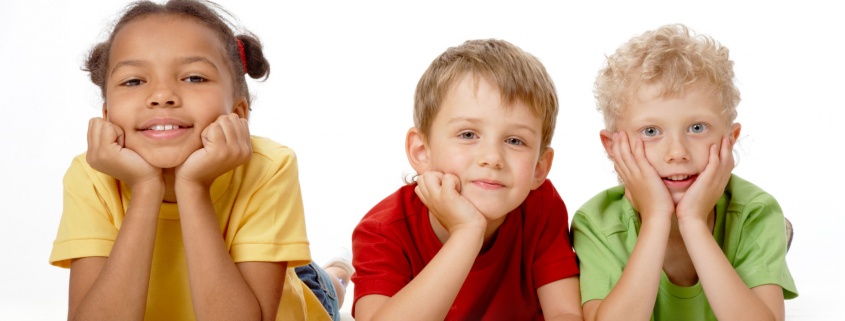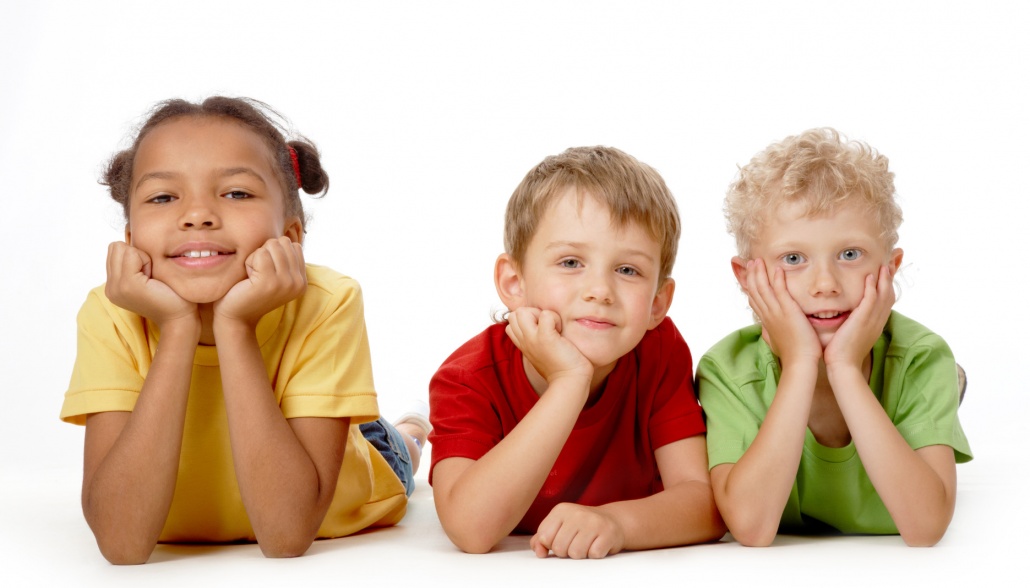I Refuse to Treat My Children Equally
By Nadirah Angail
Before I became a parent, I assumed I’d treat my future children the same, equally. It only seemed right. Anything less wreaked of favoritism. I’m not down with that. So I carried that idea into parenthood and had no problem with it until I had my second child, who is, incidentally, a totally different person with his own personality, mannerisms and needs.
Now that I have a few years under my belt as a parent of more than one child, I see how wrong I was with that supposition. As a mother of a girl and boy, there is no way I can treat them equally. I just can’t, especially when we live in a society that has some disturbing ideas around gender. I teach my son to respect women’s space and their right to make their own decisions. I teach my daughter to assert herself and never doubt her capability. I teach my son to fold clothes and dry dishes. I teach my daughter to fix things and lift with her knees. I teach my son to respect women at all times. I teach my daughter to define herself for herself. To be clear, I teach each of these lessons to both my children—everyone needs to know how to lift with their knees—but I emphasize things differently depending on the message I want to counter. My goal is not to have an emotionally stunted, egotistical, chauvinist for a son, and not to have a selfie-obsessed, body-shaming, self-silencing daughter. I pray I am successful in this endeavor.
Even if I had two children of the same sex, I would have to tailor my treatment and parenting style to their individual needs. Maybe one is particularly aggressive and needs to tone it down. Maybe the other is passive and needs to kick it up. Maybe one is a people person who loves to engage their peers. Maybe the other is introverted and awkward in social settings. If I aim to bring out the best in each child, I would have to consider their temperaments, strengths and weaknesses when deciding how to behave and what to say.
I say this to underscore the difference between equality and fairness. The two are not interchangeable. Equality is a one-size-fits-all approach. Fairness is responsive, adjustable, amendable. It considers the situation before acting. Fairness knows its ok to hug one child more if that child has a particular craving for physical affection. Equality forces extra hugs on an uninterested child. Fairness knows that some children just need a lot of attention. Equality assumes that attention must be divided evenly. I know, none of this sounds good. The idea of doing more for one child feels… icky, wrong. I struggle with that feeling, myself. My children are as different as night and day, and I sometimes feel guilty when I feel the need to do for one what I’m not doing for the other. But the truth is that forcing the needs of one child onto another is still a form of (inadvertent) favoritism. You’re still catering to one child, even if you don’t realize it. It is better to cater to them individually be assessing and then providing what they need— nothing more, nothing less.


















2015
1,204 views
views
0
comments